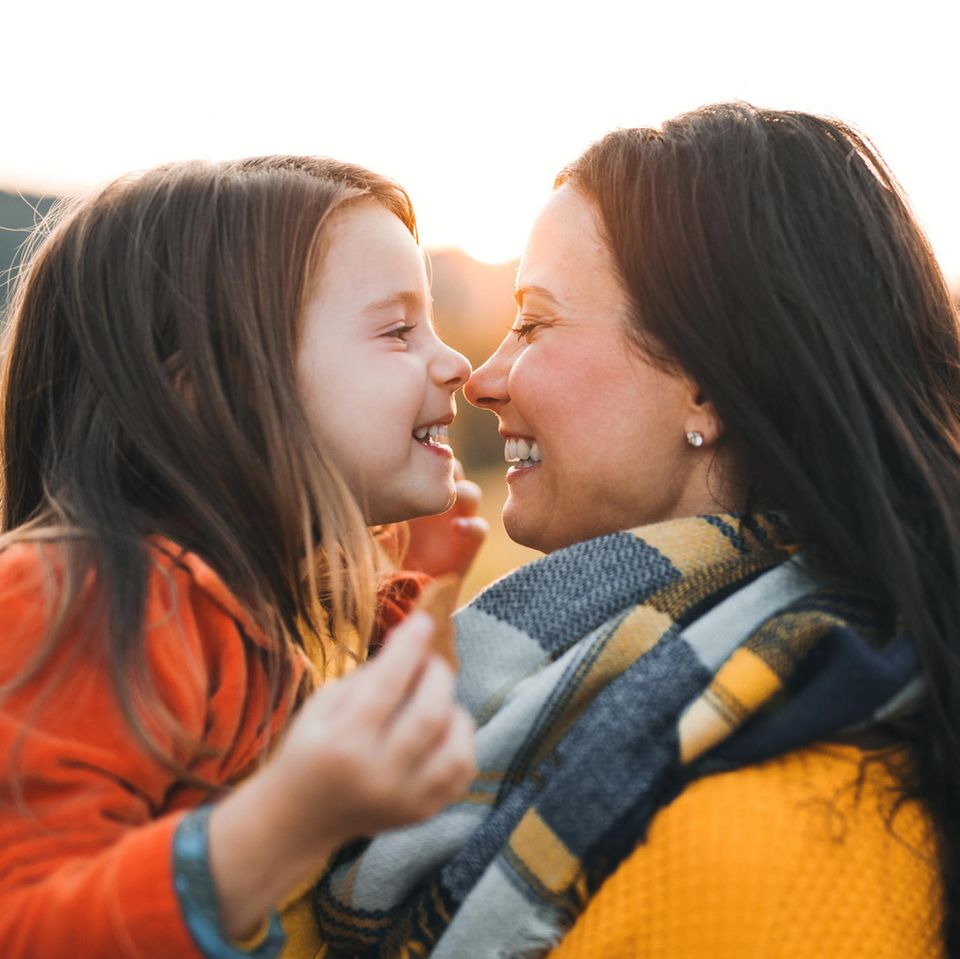Helicopter parents
What happens when we try to protect our children from everything
© Marina / Adobe Stock
As parents, we want to protect our little ones from problems. However, if parents impose themselves too much, it can have a negative impact on children’s development.
Overprotection is the key word when it comes to so-called Helicopter parent goes. They hover over the little ones like a helicopter, keeping an eye on everything. Out of concern or fear that something will happen to the child, they wrap them in cotton wool and make the decisions themselves. However, experts warn against giving the child the freedom they need to make their own mistakes: falling down and getting up again, learning what they have to deal with on their own. After all, that’s part of life.
Possible effects of overprotectiveness
It should be made clear in advance: Parental care is of course important for the development of the little ones. It’s not about being cold or ignoring the child’s needs. But anyone who cares for a child too much and wants to lay heaven at his feet, which, among other things, often causes spoiled offspring and inhibits development. Because the child learns that he/she is the center of all things and that other opinions are less important. Self-infatuation is therefore not rare and Children of helicopter parents often lack important skills later in life. Because mom, dad or parent always sorted everything out for him:her.
However, the opposite can also happen and the child is more withdrawn and shy because they do not dare to take their own steps. In this case, there are often separation fears regarding the parents. The background of helicopter parents is actually well-intentioned in all forms: the parents do not want the child to fail or experience negative emotions. But especially in childhood, these experiences are part of an important learning process.
Skills that children with helicopter parents often don’t learn
Experts and researchers have found that children of overprotective parents usually have certain problems as teenagers or adults. Experiences that they would normally have gained in a family environment are missing. Because: Children can learn something every day from birth (and sometimes even during pregnancy). From lifting your head to crawling to your first encounters with other children. If parents intervene too much, for example deciding where and with whom the child can play – or that the child should not do small (and safe) tasks in the kitchen (for example for fear of injury), There may be a lack of competence in the following skills:
- communication
- Dealing with other people and skills in relationships
- Housekeeping
- Taking care of your own mental and personal health
- Showing and recognizing your own needs
- Making decisions or taking initiative
- Money and time management
- To take responsibility
Serious consequences that may arise from this
Later in life, children who are over-cared for often realize that they lack skills. Anyone who has problems building or maintaining relationships will find it difficult with friends or partners. Even basic life skills such as money or time management would make their lives easier, but are often difficult because they have never had to worry about them before. The realization that they have problems in many areas can sometimes lead to anxiety disorders, depression or excessive alcohol consumption in affected children – later teenagers and adults. Many people also don’t know how to regulate their own emotions from bad or stressful situations.
Signs that indicate overprotectiveness
The following situations (if they occur regularly) can indicate that a child is being overprotected.
- A parent always solves the child’s problems
- “Difficult” school tasks are solved by the parents
- Daycare carers or teachers receive instructions on how to deal with the child because the parents have no confidence in their skills
For example: instructions to the daycare center on how to accompany the child to nap differently – or: a parent who absolutely has to go on a school trip with them, otherwise the child could “feel lonely” - The parent decides where the child is allowed to go and not allowed to go
- Helicopter parents usually look after the child in their own home, from cooking food to cleaning and tidying the room to picking up and washing laundry – the complete package of a housekeeper
- You are overly protective of your child, saying no when he or she wants to try something (for example, a new hobby or something that was ok for other children in the class)
researchers one study According to the study, it supports the assumption that children of helicopter parents can have difficulties as they get older. This shows both emotionally and in their behavior. Depression and anxiety disorders were also often identified as possible secondary symptoms. However, further research is needed in this area that relates to these developments over time in children and adults.
Sources used: aok.de, psychologytoday.com, kita.de, apa.org, frontiersin.org

